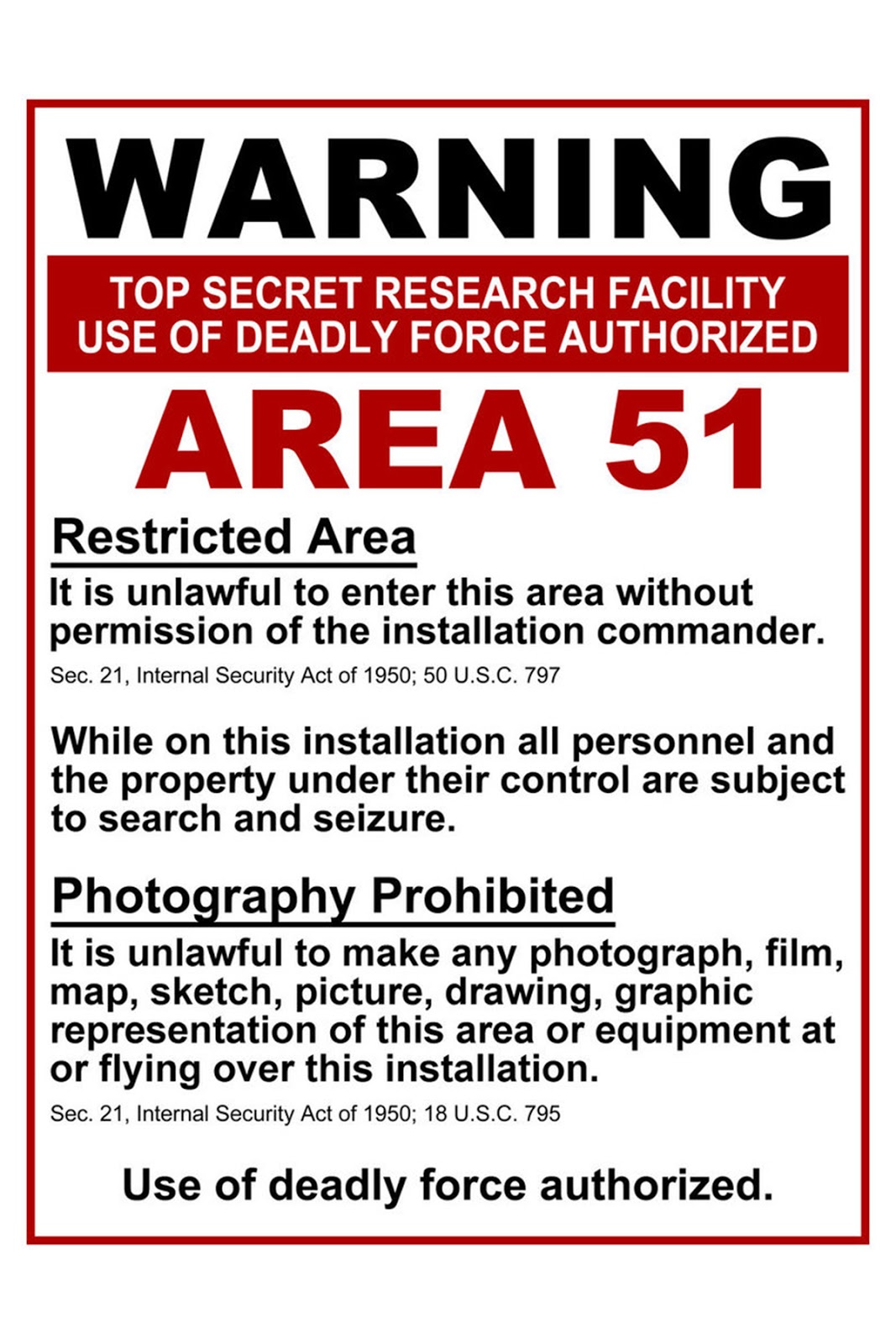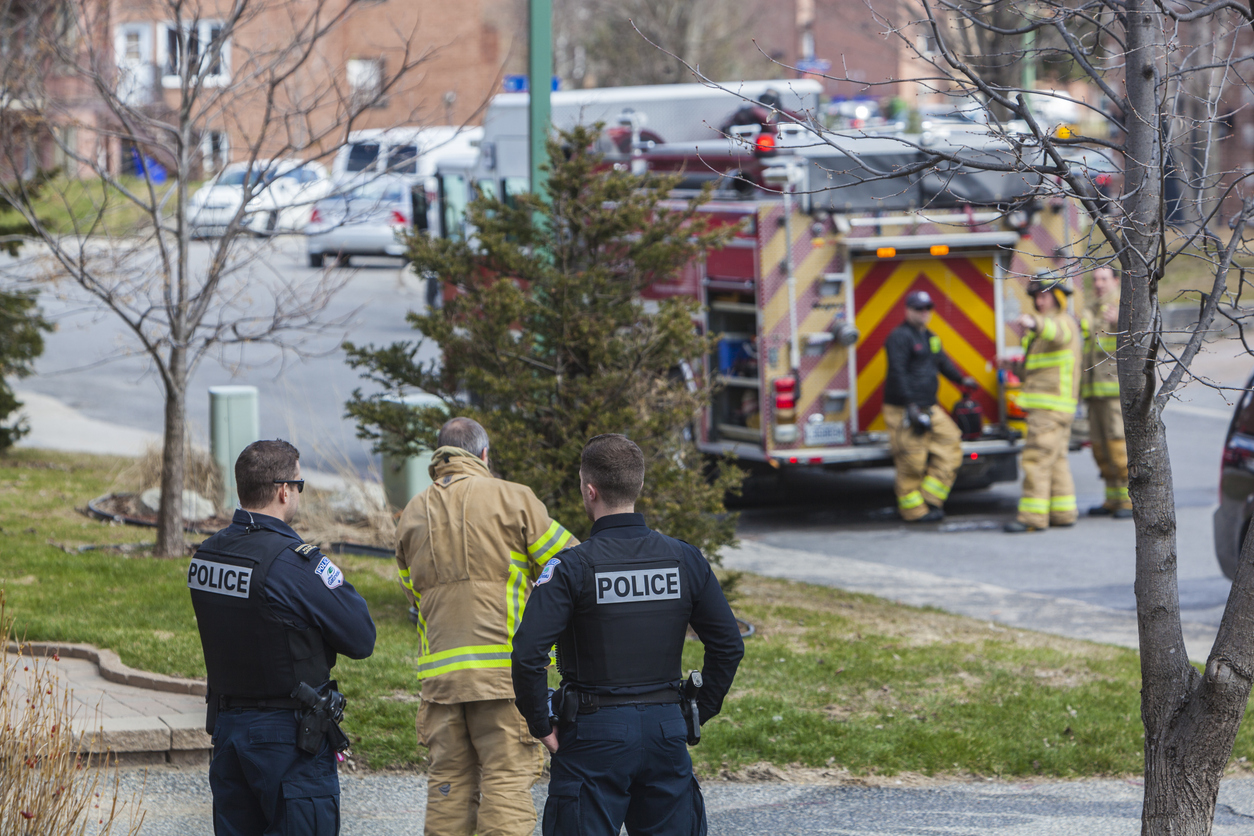"Top secret! No trespassing! Violators will be shot" - ok, with the exception of being shot the first two warnings accurately describe the secret pay raise talks current taking place behind closed doors between the Governor's Office and state employee unions. Let's call the anti-transparent process Washington's very own Area 51. Though it hasn't always been the case, since 2002 state employee unions have been allowed to negotiate secretly behind closed doors with the Governor for pay raises. No public, press, media, lawmakers or even rank and file union members are allowed to know the details until a deal is reached. Then the Legislature is only given the option of a yes or no vote - no changes can be made to the deal reached in secret.
Based on the 2017-19 budget instructions released recently by the Office of Financial Management (OFM) we know that the Governor is open to granting some type of pay raise. Per OFM:
"In addition, the state continues to face cost pressures to address state workforce and vendor compensation needs and other policy issues."
The secret deal reached during the 2015-17 negotiations cost taxpayers more than $300 million to cover the pay raises granted.
This week the 2017-19 secret contract talks start to focus on new pay raises for state employees. Several rallies by state employee unions are being scheduled around the state to encourage the Governor to grant the unions the desired pay raises. So what exactly are the unions asking the taxpayers to finance? That's for them to know and you to find out after the deal is done. Welcome to the contract negotiation's Area 51 top secret boundaries. As noted by the current union contract:
“Confidentiality/Media Communication 1. Bargaining sessions will be closed to the press and the public unless agreed otherwise by the chief spokespersons. 2. No proposals will be placed on the parties’ web sites. 3. The parties are not precluded from generally communicating with their respective constituencies about the status of negotiations while they are taking place. 4. There will be no public disclosure or public discussion of the issues being negotiated until resolution or impasse is reached on all issues submitted for negotiations.”
Thankfully calls to bring more transparency to this secretive process continue to grow. Here are some of the recent statewide editorials:
- Seattle Times: More transparency needed in state contract negotiations
- Spokesman Review: Open up public employee bargaining
- Tri-City Herald: State labor negotiations need revamping
- Vancouver Columbian: Negotiations between officials, state employee unions should be public
According to the Reporters Committee for Freedom of the Press, here is how several states treat collective bargaining sessions under their open public meeting laws:
- Georgia: “The Act does not exempt meetings concerning negotiations and collective bargaining of public employees.
- Minnesota: “The Public Employment Labor Relations Act (PELRA) provides that ‘negotiations, mediation sessions and hearings between public employers and public employees’ are public meetings, ‘except when otherwise provided by the director [mediator].’”
- Mississippi: “No specific exemption.”
- Montana: “Not a basis for closing a meeting.”
- Tennessee: “Open, except strategy sessions.”
- Texas: “The Attorney General has held that the internal deliberations of a city’s collective bargaining team in its preliminary discussions with elected city officials are open to the public but sometimes may be closed if counsel participates. The Attorney General went on to hold that actual bargaining sessions between the city and a police officer’s association are open to the public.”
Also on point:
- Florida: "The Legislature has, therefore, divided Sunshine Law policy on collective bargaining for public employees into two parts: when the public employer is meeting with its own side, it is exempt from the Sunshine Law; when the public employer is meeting with the other side, it is required to comply with the Sunshine Law."
- Kansas: “Public bodies can meet in executive session to discuss conduct or status of negotiations, with or without the authorized representative who is actually doing the bargaining. Public bodies cannot have executive session under this exception when meeting with employees.”
- Oregon: “Labor negotiations shall be conducted in open meetings unless negotiators for both sides request that negotiations be conducted in executive session.”
In the past few years Idaho and Colorado have also adopted contract transparency reforms.
Ultimately the legislature should take back the power of determining compensation cost in the budget as was the case prior to 2002. At a minimum transparency needs to be provided for this process.
"I want to believe" that the best deal and tradeoffs are being made for this large budget driver in secret but as long as the pay raise talks remain behind closed doors in Washington's Area 51, conspiracy theories about the motives of those involved will continue to grow.
Additional Details
State employee contract transparency bill introduced
Secretly negotiated state employee contracts major focus of 2015-17
State union negotiations begin tomorrow on 2013-15 contracts





